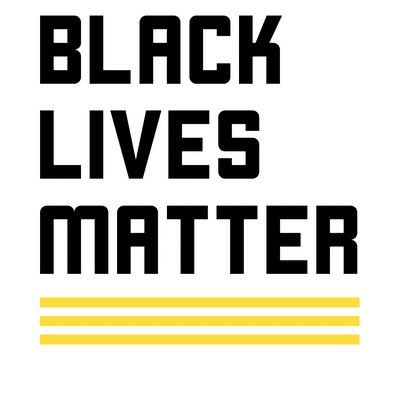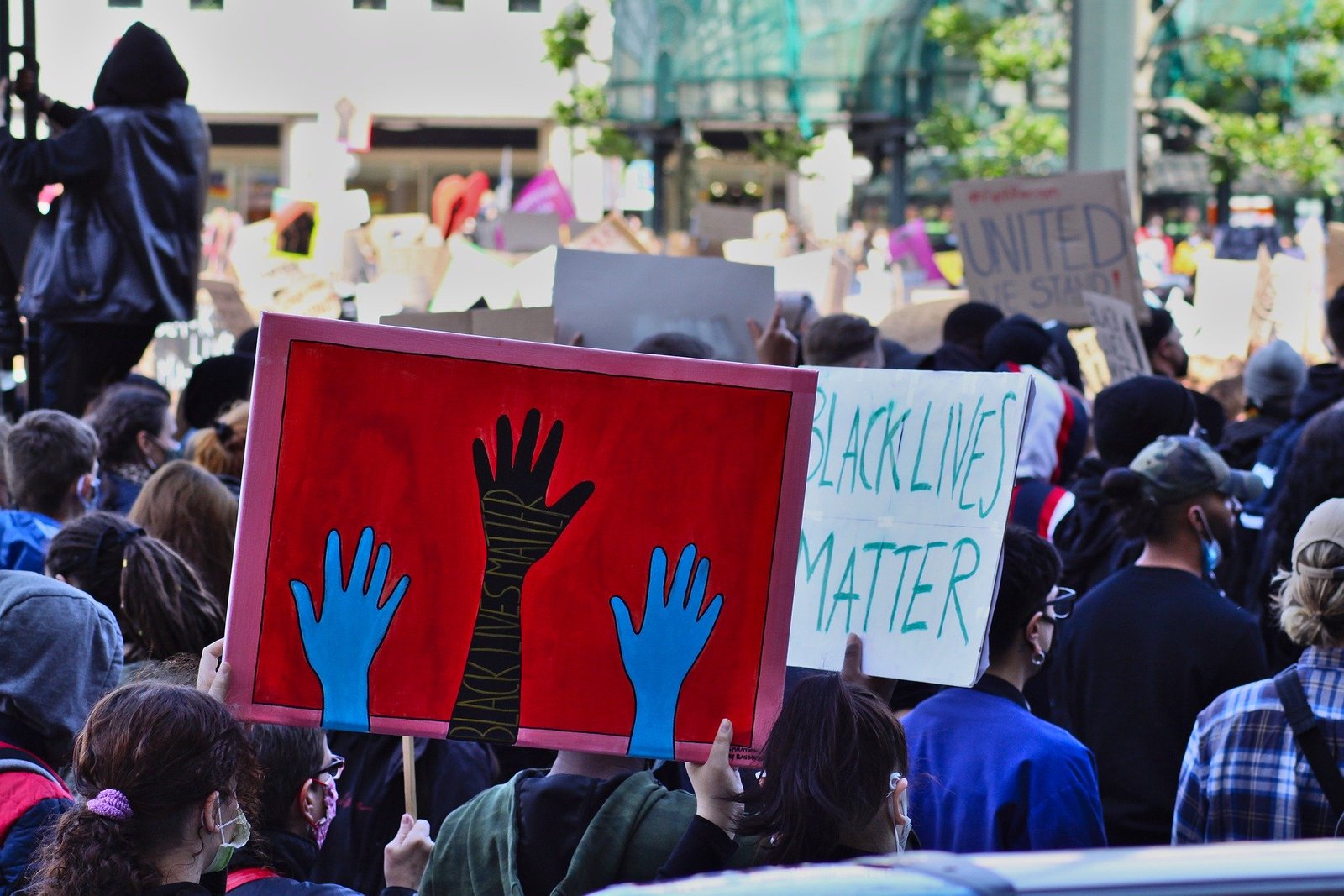Taken to its logical conclusion, identity politics is solipsistic in nature, diminishing understanding of the world beyond the self.
To fully understand marginalisation, one needs to have experienced marginalisation first-hand. This assumption is increasingly fundamental to today’s practice of identity politics, evident in the higher credence that many people claim ought to be afforded to those who experience racism, sexism, transphobia and whatever other forms of exclusion we can theorise. In philosophical language, this notion asserts that there is certain phenomenal knowledge — or knowledge about the subjective, first-hand experience of a phenomenon by a conscious entity — that cannot be a priori deduced from full physical knowledge of that conscious entity. Fully knowing everything about, say, a person’s neurobiology down to the most fundamental, subatomic level will fail to yield insight into what it is like for them to have experienced marginalisation. This is particularly evident in leftist attitudes within the United States, where people of a marginalised identity often invoke it — for example, “As a gay person of colour, I believe …” — to pontificate from a more authoritative position.
Indeed, identity politics, throughout much of its history, has been an important rectifier of hermeneutical injustice, conceptualised by philosopher Miranda Fricker as the social disadvantage that prevents the oppressed from interpreting the realities of their oppression. For instance, before the word “racism” entered the English language, it is difficult to conceive how its victims would have been able to make sense of their particular suffering. The Civil Rights Movement is a great example of how identity politics can render an epistemic justice, providing the social recourse for people of a shared racial identity. However, while many well-intentioned opponents of injustice invoke this notion to buttress its victims, one must question the inadvertent consequences of taking such a view to its logical extreme.
It’s admittedly important, considering each of our own epistemic limits, to remain alert to the subjective biases that could possibly cloud our reasoning. But overemphasising the importance of knowledge of “what it is like” to experience marginalisation precludes the capacity for empathy when taken to its logical extreme, encouraging a phenomenal solipsism. Despite their recent questionable hiring, the New York Times at least ran an encouraging article by NYU Professor Kwame Anthony Appiah, who explains how each of us can never truly act as the token spokesperson of a given minority. For instance, I may be afforded credence on the question of what it is like to be bisexual because I identify as such, but as a person-of-colour raised by a nuclear, Catholic family, I cannot possibly speak on behalf of what it is like to be bisexual with an otherwise different background. We must, therefore, conclude that each of us is relegated to our separate corners, lonely with knowledge about our experiences that we can never fully share.
Admittedly, this phenomenal solipsism is a sound philosophical view that is difficult to refute. However, as humans, we have a unique, inductive capacity that has allowed us to shape our material world: the empirical sciences are entirely built on our ability to isolate variables and project their causal relationship to subsequent phenomena. Even beyond the sciences, our capacities as an inferential species allow us to communicate deeper, emotional experiences. For instance, psychology argues that literature broadens empathy, which anyone who has ever cried at the end of the book can attest. Even something as rudimentary as words on a page can offer significant insight into the phenomenal quality of a character’s subjective experience.
Leftists, or at least those motivated by the humanism of Marx’s earlier theories, therefore ought to query the phenomenal solipsism implied by identity politics at its most rabid. It’s a fundamental assumption that can sew disunity between people based on the arbitrary nature of identity, stifling progressive visions for a fairer and more united world. Another example is that I’ve had racial expletives hurled at me, but I know that every person in their life has been excluded because of characteristics arbitrary to their identity. I can invoke such similar experiences to ensure even my white friends aren’t beyond empathy. Hence, being able to theorize about racism shouldn’t depend on one’s racial identity.
So, while it may have some logical merit, so too do claims of our inductive, empathic abilities. And when the limits to our knowledge suggest that two opposing attitudes are of equal logical strength, whichever one ought to favour can be informed by their varying social merit. It often seems like there is just as much psychological literature emphasizing our selfish tendencies as there are emphasizing our altruistic capacities. One could, therefore, favour either a right or left wing worldview, but I favour the latter because it invites me to envision a better world that I would much rather inhabit. Similarly, on the question of what it is like to experience marginalization, one could either favour a view that further divides us into our epistemic cubicles or that which holds such boundaries can be transcended.
Lorenzo Benitez is a philosophy student at the University at Cornell. He is the editor of Logos, Cornell University’s undergraduate philosophy journal. For more information on Lorenzo, visit his website at http://lorenzobenitez.info/.






To summarize: "Okay okay, so it worked during the civil rights movement, but you guys what if we took it to its LOGICAL EXTREME" You sound like those people who say, "LOGICALLY if there's no God and he didn't write the Bible, you should just rape and murder all day long." Why do people say, "As a woman..." or "As a black man..." and speak as though they have more awareness than others? Because often, as a member of that group, they experience things which others do not and of which others remain aware. Sure, we have the ability to use rationality and empathy, but that requires *listening to people* in the first place. When I first heard about Trayvon Martin way back when, I was floored, as a white man who didn't know just how deeply our racism still went. Black people weren't surprised. This idea that police are unfair to black people? Apparently, I've been told, that's something every black child learns growing up, whereas people like me can just go around saying "I don't see color!" I remember reading the recent article about a man who started sending out emails under his partner's name by accident. Suddenly people were rude to him, they questioned his judgment, it took him twice as long to get anything done--just because they perceived him as a woman. If we don't listen to people who have circumstances different from our own, we will miss out on these important facts which we need to build a better world.